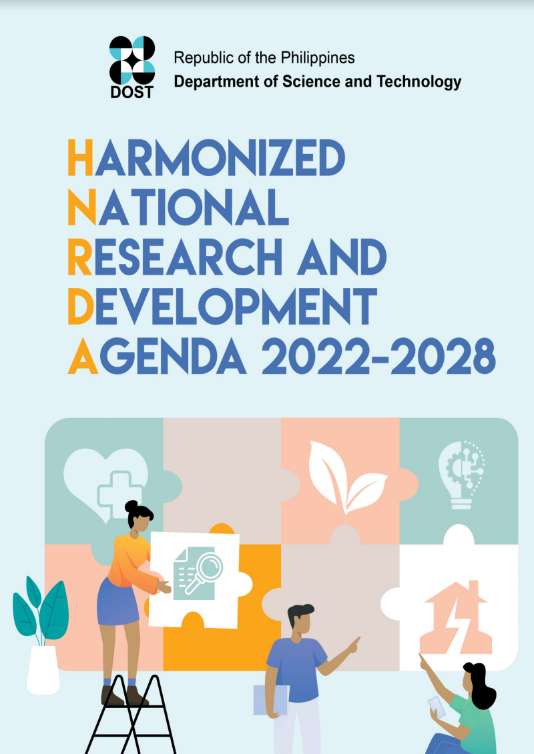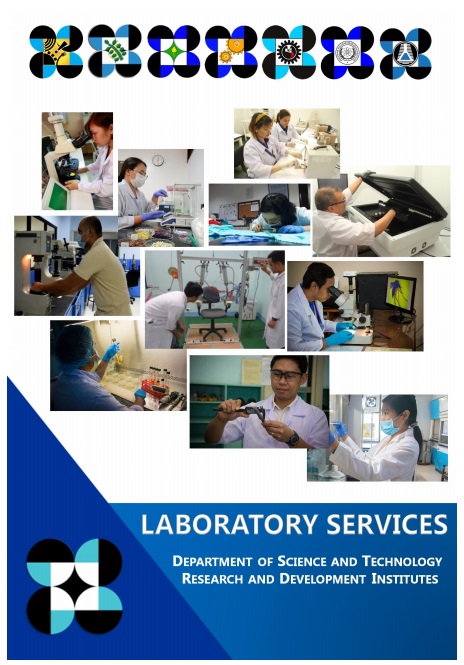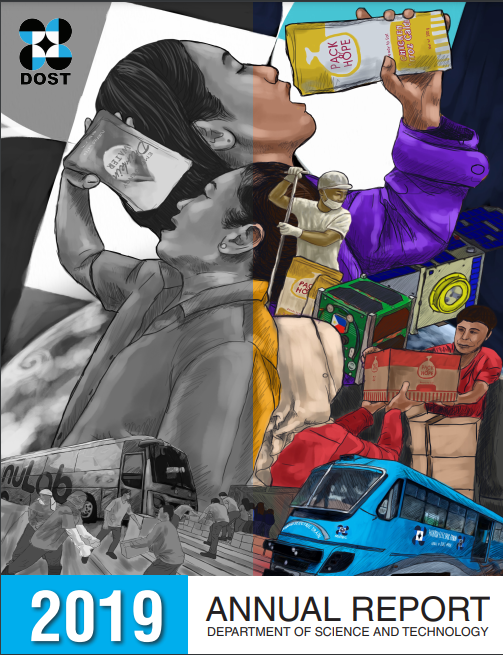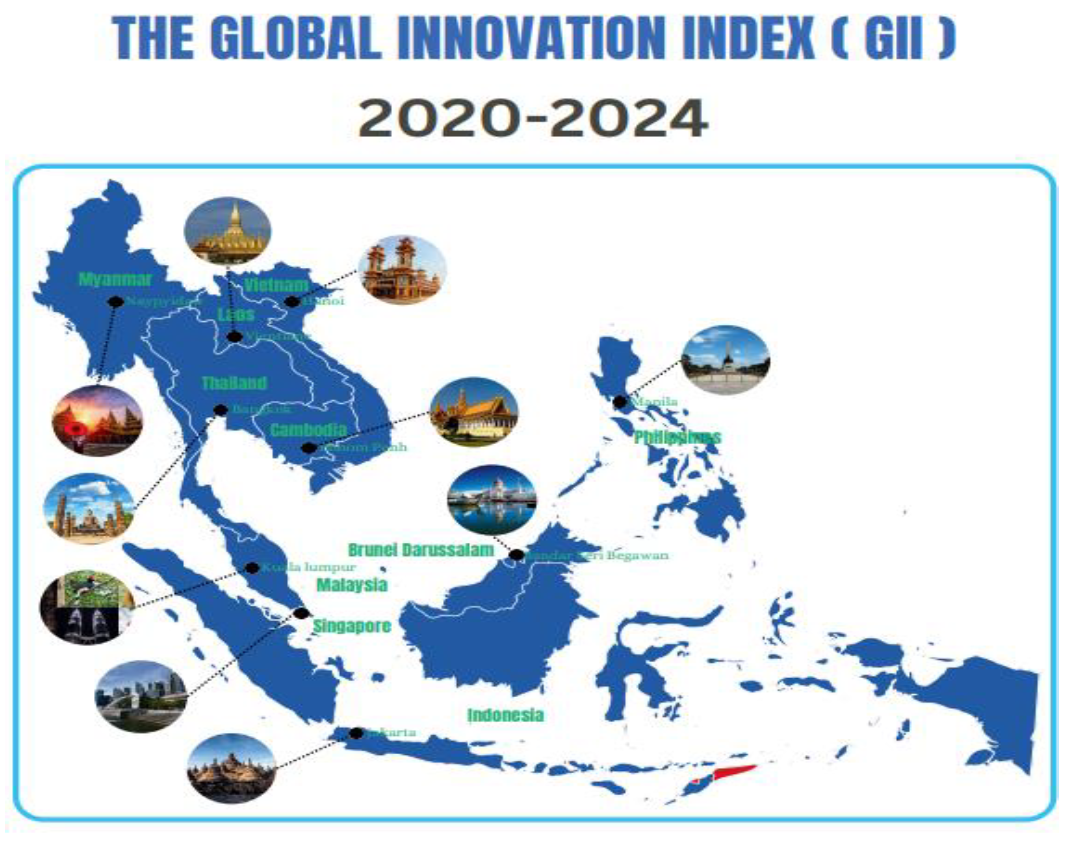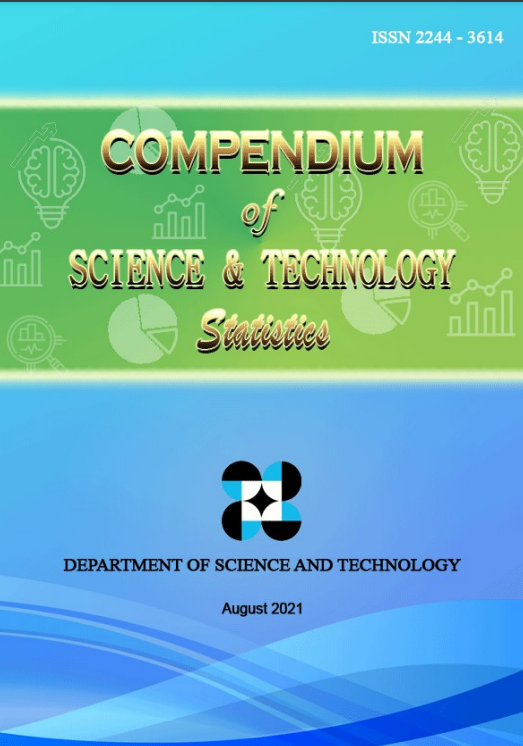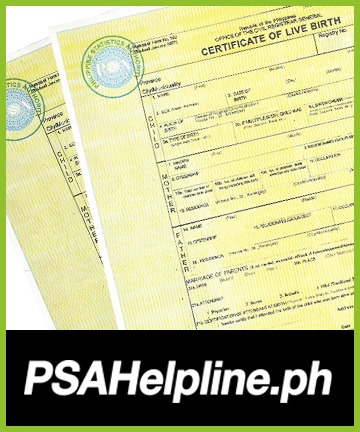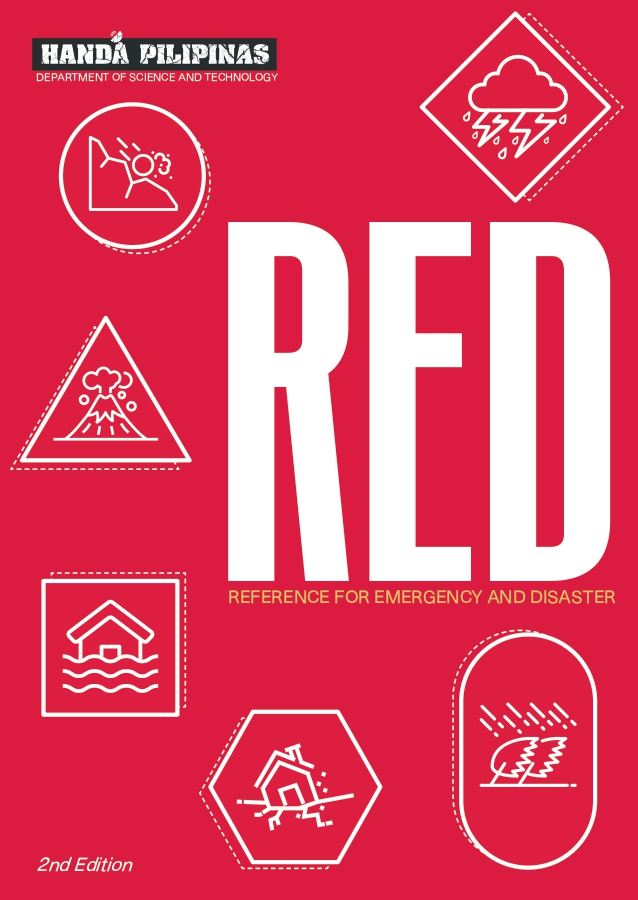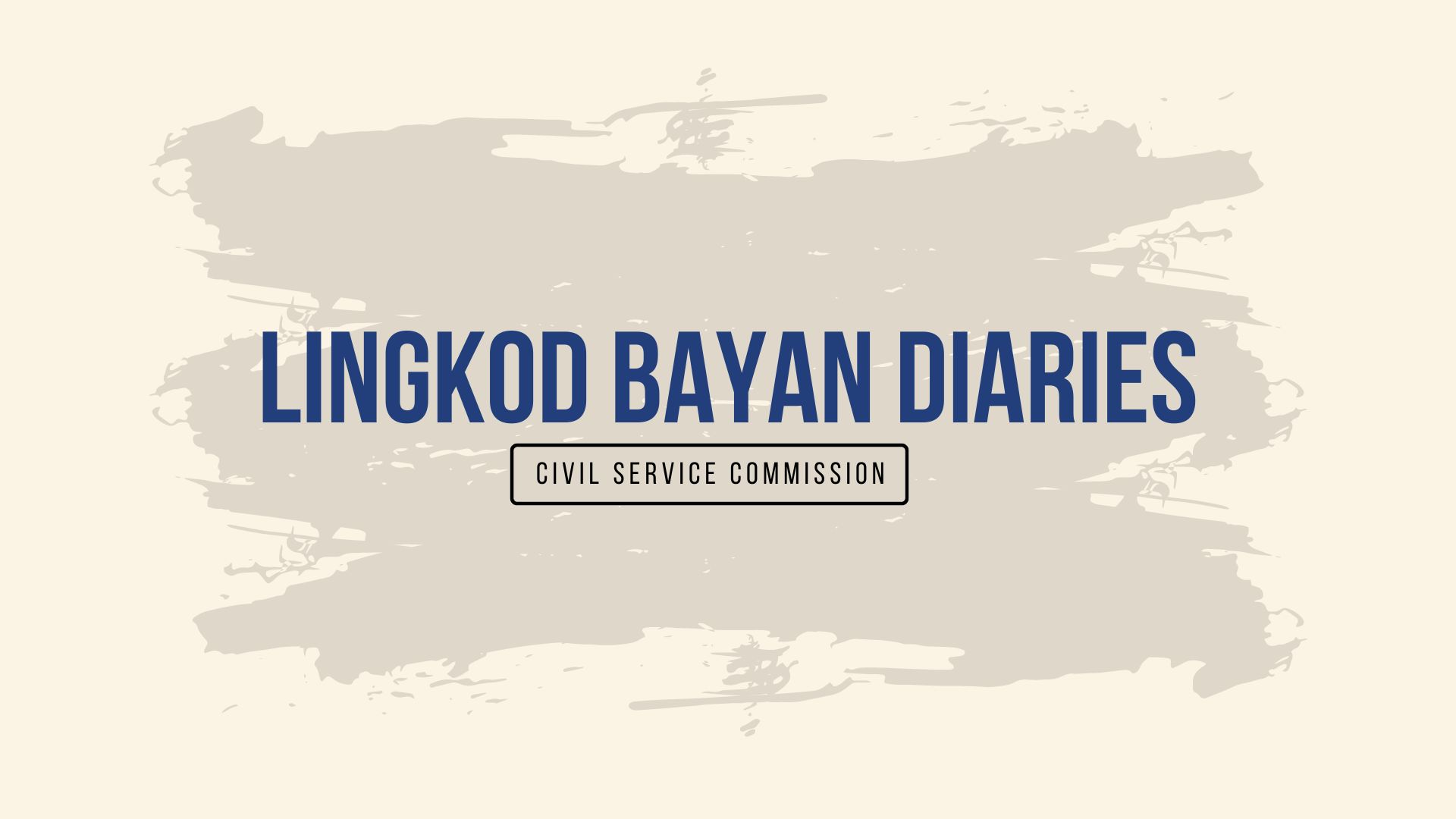DOST’s “SIPAG FIESTA” proof that local technology works - Montejo
- Details
- Hits: 3749

“SIPAG,” which means diligence or industry, is fittingly used in the title of an event by the Department of Science and Technology’s Philippine Council for Agriculture, Aquatic and Natural Resources Research and Development (DOST-PCAARRD) scheduled from March 2-4, 2016. It refers to the PCAARRD initiative “Strategic Industry S&T Programs for Agri-Aqua Growth” or SIPAG.
Combine this with another Tagalog word “FIESTA,” which stands for “Farms and Industry Encounters through Science and Technology Agenda,” another PCAARRD program.
Read more: DOST’s “SIPAG FIESTA” proof that local technology works - Montejo
DOST’s free courseware helps upgrade Science and Math education
- Details
- Hits: 5439
Two teachers, one from Quezon City and another from Tarlac, expressed their gratitude to the Department of Science and Technology (DOST) for a courseware that they deem very helpful in their teaching profession.
Meanwhile, another from Camarines Norte sent this message via the courseware’s Facebook page: “Your courseware project will be very helpful to my nieces and nephew.”
Read more: DOST’s free courseware helps upgrade Science and Math education
DOST to showcase agri-aqua projects in SIPAG FIESTA
- Details
- Hits: 14025
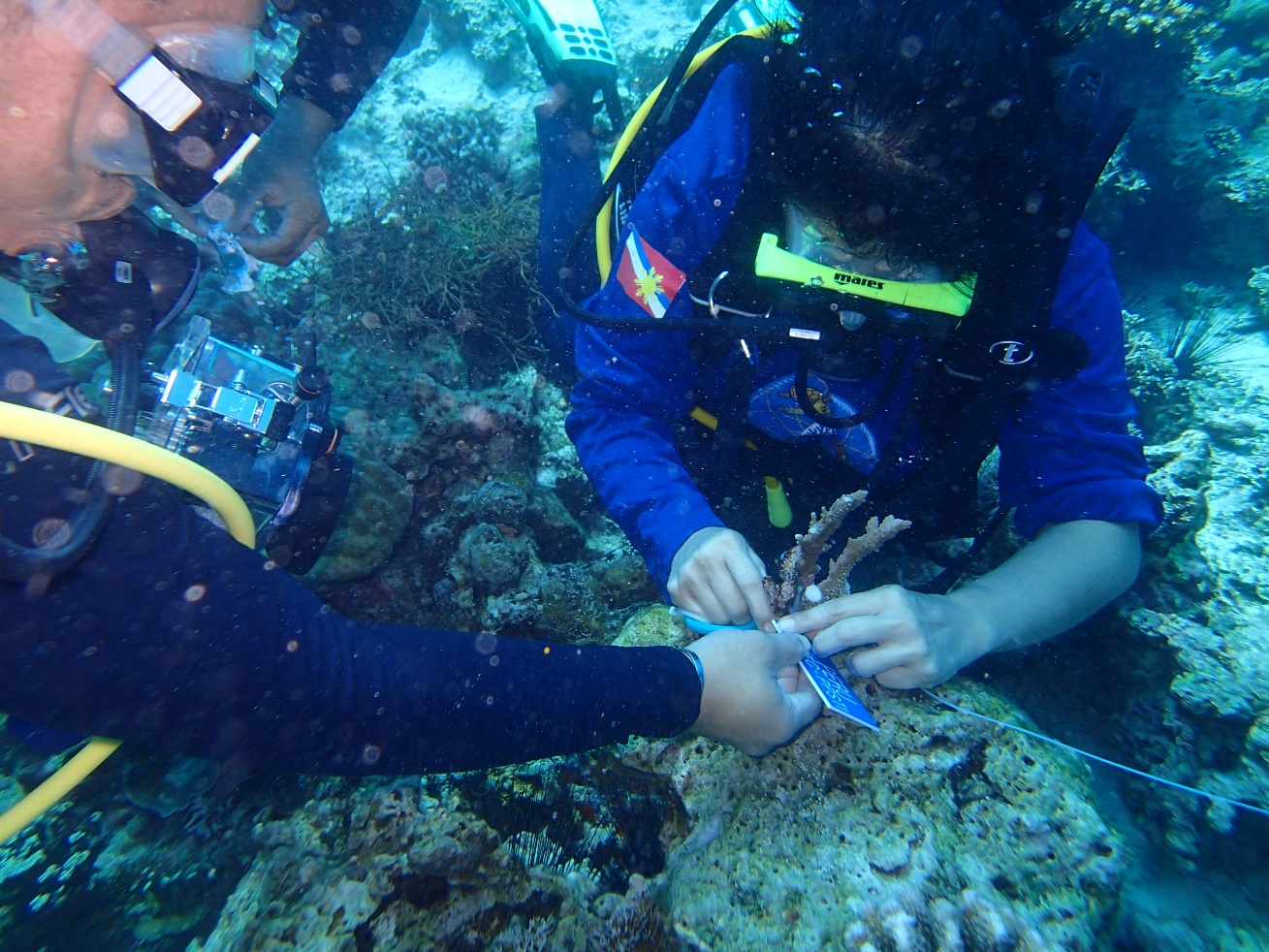
The Department of Science and Technology’s Philippine Council for Agriculture, Aquatic and Natural Resources Research and Development (DOST-PCAARRD) is all set to showcase the best of its agri-aqua research and development (R&D) outputs from 2010 to 2016 in an event dubbed as SIPAG FIESTA from March 2 to 4 in PCAARRD’s headquarters in Los Baños, Laguna.
Read more: DOST to showcase agri-aqua projects in SIPAG FIESTA
DOST project to narrow digital divide in PH
- Details
- Hits: 16425
The 2016 national elections are coming and the clamor for making the “right” choices is steadily rising. In the Philippines, taking a swing at politicians for not delivering on promises once elected is just as common as pinning the blame on the nearest voter for not making the expected “wise” vote.
Pointing the finger at the urban and rural poor for making the “uneducated vote” has become a common malpractice among the average Filipino over the years. In fact, just last year, discussions about not allowing non-tax payers to vote flared up after a recommendation from a well-known political figure was reinterpreted and misquoted over and over through different social media sites.











